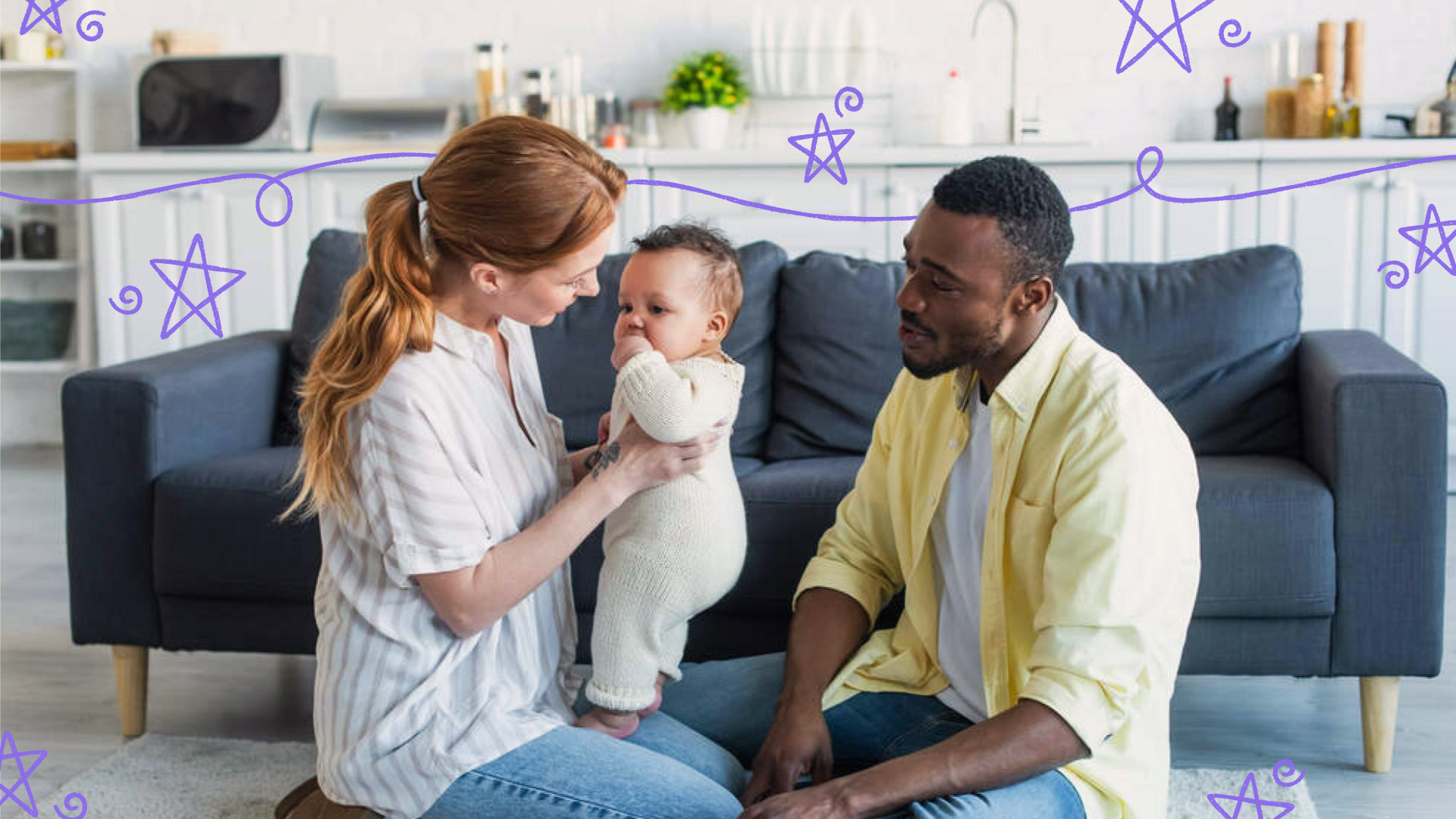
The Worries of Co-Parenting with an Ex
My child is at my Ex’s, and I am STRESSED. Blended families are more common today than ever before. A common worry amongst blended families is co-parenting – when the children are with their ex-partner. Are they receiving the love and care we hope we provide when they are with us? Do they understand that they are not to blame? Are they happy and healthy?
When we decide we want children, we usually feel we have the love to give to another human being. We often think we are in the space of stability, but that stability might not last in our relationship. Many parents believe “sticking it out” for their children means staying in an often unhappy relationship.
Although this is each person’s journey and decision, it is essential to recognize children’s abilities to understand when their parents are unhappy. They are also able to easily adapt to a new normal should the relationship end. We have seen it during the pandemic – our children were able to adapt and be resilient to the changes often faster than us, grownups. They are young, and change usually happens in their young lives. Sometimes, we are more set in our ways, and change is a potential obstacle rather than a challenge.
If you have decided to split from your partner and you’re in a space where co-parenting is possible, here are some strategies and tips to help you (and your children) cope with the worries.
Strategies and tips to help you cope with co-parenting worries:
There was love once. You loved your partner or cared for this person. Try and hold on to that. There could be mutual respect if there were love or liking for one another. If you think of “what is best for our children,” showing mutual respect or respect from your side, we are honestly doing what we can to set them up for success during these turbulent times.
Do what you can when you are worried. It might be an irrational fear if you worry that your child might not have the same cereal they have when they’re with you. Think of three things here: (1) are your children safe? (2) do they speak with you often (at least twice a week), and (3) do they mention any alarming instances (where they are left alone while very young)? If they seem happy, taken care of, and communicative, they are doing well. It is always stressful when your children are not near you, but they are with another parent who most probably loves them unconditionally. This co-parent might have a different parenting style, but you will have time to guide them in your way.
Remind them of your love – often. It is always good to tell your children you love them. I usually keep from telling kids “I miss you” too often as this might elicit feelings of guilt in them, which we don’t want. We can remind them of what we did when we saw them last or what we are planning during our next visit or time together, but telling them often you miss them and wish they were there might not be helpful for them.
Communicate it! If you are co-parenting a child or children, it is always a good idea to be a model co-parent. Share a “communication book” with your ex-partner where you note down essential observations and events. For example, you can state where you went with your child and what they liked and didn’t like. The goal is for co-parents to do just that – co-partner to their best ability. And from modeling, you show respect, maturity, and the ability to do what is best for your child.
Remember there will be times when you are unsure or feeling uncertain about what is going on in the other home. This is normal, and it might be a good idea to find someone you can speak with about these feelings and emotions. You are doing what you can, and that is already amazing. According to Doss et al. (2020), a brief intervention with a trained professional on the relationship of co-parents could significantly help with decreasing conflict and increasing relationship satisfaction. This is a possible route if you feel co-parenting is extremely difficult with your ex-partner. For now, take a break and remind yourself that you are doing what you can for your child.
Are you a step-parent and worried about over-stepping? Check out our blog The Experience of a Step-Parent: Not Side-Stepping the Worries.
Doss, B. D., Roddy, M. K., Llabre, M. M., Georgia Salivar, E., & Jensen-Doss, A. (2020). Improvements in co-parenting conflict and child adjustment following an online program for relationship distress. Journal of family psychology: JFP: journal of the Division of Family Psychology of the American Psychological Association (Division 43), 34(1), 68–78.